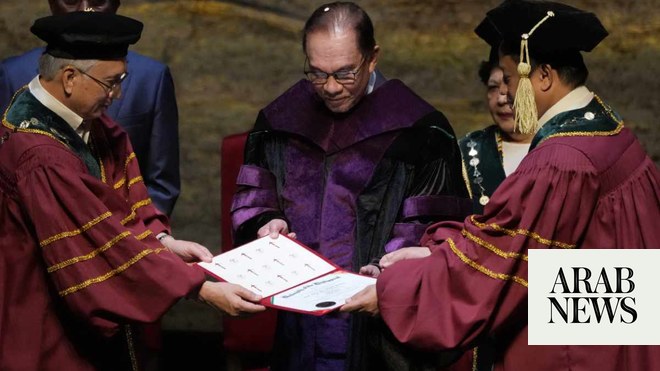
The UN General Assembly last week passed a rare resolution against the putschist military government of Myanmar, demanding the restoration of the country’s transition to democracy and the release from detention of the leaders of the former civilian government, while also agreeing “to prevent the flow of arms into Myanmar.”
This is one of the strongest resolutions passed by the assembly in its entire history. Observers also believe that it makes the restoration of democracy a prerequisite for Myanmar to be able to retain the international links it has cultivated over the past decade, and signals to the leaders of the military junta that continuing on their current path will return Myanmar to the status of international pariah it had in past decades of military rule.
An embargo on the sale of weapons to Myanmar by all UN members was a crucial part of the resolution. This was to be the “teeth” of the resolution, by which the move might have some leverage over the putschists. Unfortunately, the vote on the arms embargo in the General Assembly was nonbinding. So despite the relative strength of the language in the resolution, it currently has no legal punch. The resolution is still hugely important, of course, but its weight is almost entirely political, giving the opponents of the regime moral authority. How much impact that alone will have on the situation on the ground remains to be seen. The military establishment of Myanmar is notoriously resistant to international pressure and, to some extent, even relishes international isolation, as it frees it from any kind external oversight and accountability.
The next step has to be the actual imposition of a strict arms embargo on the Naypyidaw regime. Ideally, this would be pushed through the UN system, building on the resolution already passed. If that fails, this is also something the West can impose more unilaterally through America’s well-oiled sanctions mechanisms.
The junta continues to wage war, using scorched earth tactics on its people as we speak. The rationale for preventing arms getting to the Myanmar regime is the same as the rationale for preventing arms getting into any humanitarian disaster area: The more weapons that are flowing in such a situation, the longer the conflict lasts and the more death and misery that have to be endured, not least by innocent civilian populations.
The time has now come for forceful action that has direct, material consequences for the junta.
Dr. Azeem Ibrahim
Last week’s resolution establishes the moral principles upon which Myanmar should be judged by the international community — the principles of human rights and legitimate democratic government. But now that these principles are agreed by broad international consensus, the international community still needs to follow through with meaningful action. Everything we know about the military establishment of Myanmar tells us that it is virtually impervious to international “pressure,” so long as that pressure is purely moral and political. Polite diplomacy through trying to work with and appeal to the junta’s leaders has been tried, not least by Myanmar’s Association of Southeast Asian Nations neighbors, and it has proven entirely futile.
The time has now come for forceful action that has direct, material consequences for the junta government: An internationally imposed full arms embargo, the freezing of assets of the leaders of the February coup, international recognition and support for the rebel, pro-democracy national unity government, which should be regarded as a government in exile, and the exclusion of the representatives of the Myanmar military government from diplomatic circles and channels. Think of the ways in which Taiwan is currently excluded, for example.
The putschists will no doubt try to dig in and resist such measures. But at least the people of Myanmar who rose against them will know that the international community has their back, unambiguously and unapologetically. And that lays the basis for a positive future relationship between the possible democratic government of Myanmar that the national unity government represents and the international community. And it should also make their fight to return the country to democracy morally and materially easier.
Dr. Azeem Ibrahim is a director at the Newlines Institute for Strategy and Policy in Washington and research professor at the Strategic Studies Institute US Army War College. Twitter: @AzeemIbrahim
Disclaimer: Views expressed by writers in this section are their own and do not necessarily reflect Arab News" point-of-view











